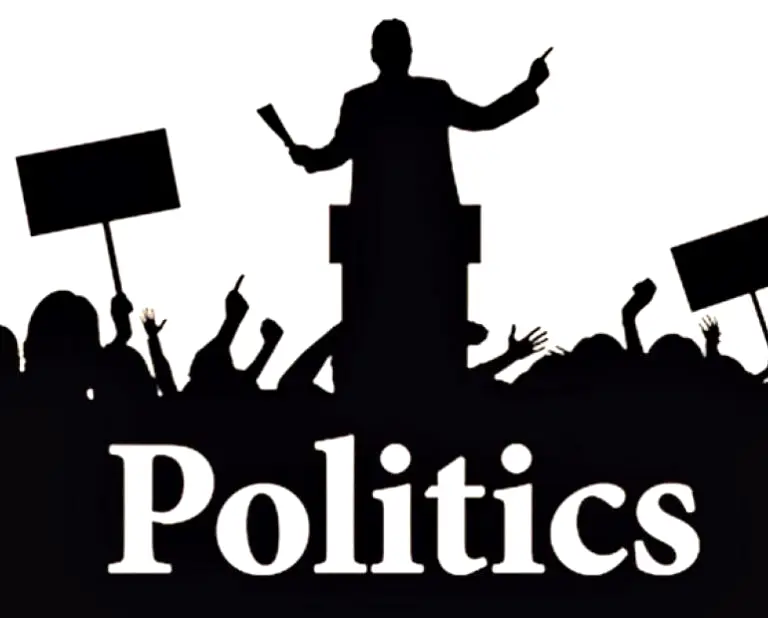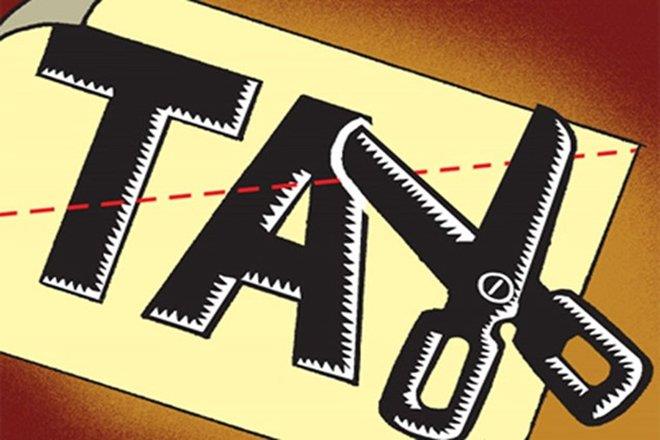By Israel Adebiyi
In literature, few tales haunt the conscience as profoundly as that of Jean Valjean in Victor Hugo’s Les Misérables. A former convict hardened by the cruelty of the world, Valjean was presented a second chance—one forged in grace, offered through the kindness of a Bishop. That moment became the fulcrum on which his life turned, from darkness to light, from bitterness to redemption. Hugo’s message was clear: second chances, rare and divine, must not be squandered.
Sadly, Nigeria’s former President, Muhammadu Buhari, squandered his.
Twice gifted with the reins of power—first as a military Head of State from 1983 to 1985, and later as a democratically elected President from 2015 to 2023—Buhari had before him a canvas few in history are offered. He had the rare privilege of rewriting his story, of cleansing the stain of his authoritarian past with the balm of democratic growth, reform, and inclusion. But instead, Nigerians witnessed a man whose second coming bore frightening resemblance to his first.
As a military leader, Buhari ruled with an iron fist, cloaked in the garb of national discipline. His regime dismantled civil liberties, wielded decrees like cudgels, and created a climate where dissent was criminalized. The infamous Decree Number 2 gave the state security service the authority to detain individuals indefinitely without charge—essentially legalizing tyranny. Decree Number 4, arguably more draconian, muzzled the press, silenced truth, and enshrined fear.
The civil service was purged, not reformed. About 200,000 workers were reportedly shown the door in a wave of retrenchment that carried no clear vision for recovery or sustainability. Strikes were banned. Musicians like Fela Kuti were jailed. Corruption trials, while applauded by some, often bore the unmistakable scent of vendetta. Public officers were bundled into prison cells—some deservedly, others questionably. The National Security Organization (NSO) became a state-sanctioned menace.
MORE FROM THE AUTHOR: OPINION: Saro Wiwa, Eight Ogoni Posthumous Pardon, And The New Drill Dream
It was in this furnace of repression that Buhari carved his reputation as rigid, unyielding, and unlistening.
Three decades later, Buhari returned, this time cloaked in the hope of democracy. Nigerians, wearied by years of underperformance, chose to believe in the rebranded General. This was a man, they thought, who had tasted the winepress of power and would now offer water to a thirsty nation. In 2015, he was swept into office on a wave of hope. Eight years later, that wave had receded, leaving behind the wreckage of dashed expectations.
Under his civilian rule, the country found itself battered on all fronts. The economy floundered under inconsistent policies and excessive borrowing. Inflation rose with a vengeance, while unemployment surged. National insecurity expanded with an alarming boldness—banditry, terrorism, and kidnappings claimed thousands of lives. Entire communities vanished overnight. Farmers abandoned their lands. Parents mourned their abducted children. And the president remained largely aloof, a distant figure in the Villa, often silent when his voice was most needed.
Even the petroleum sector—Buhari’s personal portfolio as Minister—suffered under an opaque, inefficient regime. The refineries remained comatose, salaries paid for jobs not done, and fuel subsidies ballooned into bottomless pits of corruption. Nigeria, Africa’s top oil producer, couldn’t provide fuel to her citizens without long queues and inflated prices. It was an irony so cruel it could only be Nigerian.
MORE FROM THE AUTHOR: OPINION: Nigerian Electricity Lie And The Old Northern Folklore
Then came #EndSARS, the haunting proof that the voice of the Nigerian youth—brimming with pain, anger, and frustration—had reached its boiling point. Instead of dialogue, the administration responded with force. On October 20, 2020, at the Lekki Tollgate, gunshots echoed in a night of horror, and a nation’s hope was drenched in blood. The president’s silence was louder than the bullets. A moment for empathy and leadership was missed. It revealed a government disconnected from the emotional temperature of its people, especially the young who had dared to ask for better.
If that was emotional violence, then the Naira redesign policy was economic. Near the twilight of his administration, a sudden, chaotic push to swap the nation’s currency, allegedly to curb vote-buying and mop up excess cash, plunged Nigerians into financial paralysis. ATMs went dry, queues grew wild, and families scrambled just to afford food. Markets stalled, businesses collapsed, and citizens were humiliated in their own banks. It was a policy executed with such shocking lack of empathy that even his most ardent defenders found themselves bewildered. A president once sold as the messiah had returned as an indifferent king.
As his tenure crawled to a close, many looked back not with nostalgia, but with numbing relief. His second coming, hoped to be redemptive, proved retrogressive. Not only did he fail to correct the wrongs of the past, he institutionalized new ones: nepotism cloaked as federal character, ethno-religious favoritism masquerading as competence, and an inability to build bridges across the nation’s many divides.
Upon his passing, Nigeria did not weep with reverence, but reflected with resignation. The tributes that poured in were often polite, diplomatic, and carefully worded. But beneath them all was a collective sigh—a sense of a man who had been given everything, and yet changed very little.
In the end, Muhammadu Buhari’s tale reads not like that of a redeemer, but a ruler who walked twice through the corridors of power and left the halls colder than he met them. Even in death, his name has evoked more sighs than salutes.
He could have been the one to restore dignity to the Nigerian state, to reimagine governance, to redefine leadership. Instead, he will be remembered as the man who had two chances—and failed twice.
History will not be cruel to him—it will merely be truthful. And in that truth lies his legacy: not one of transformation, but of a tragic, missed redemption.
Adieu “Mai gaskiya”!































